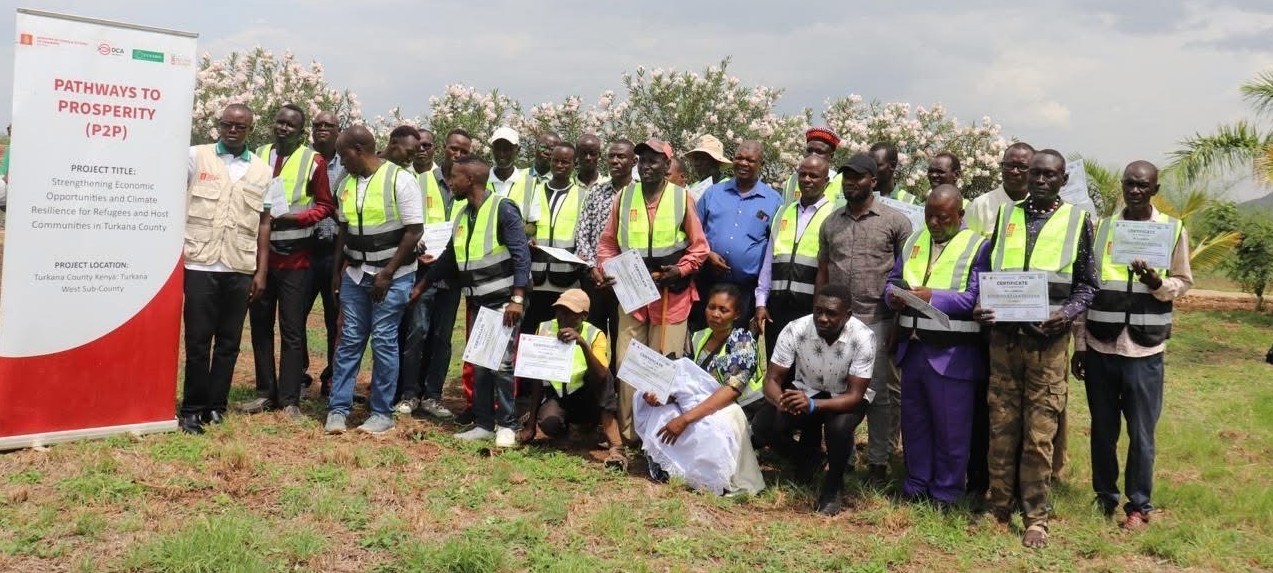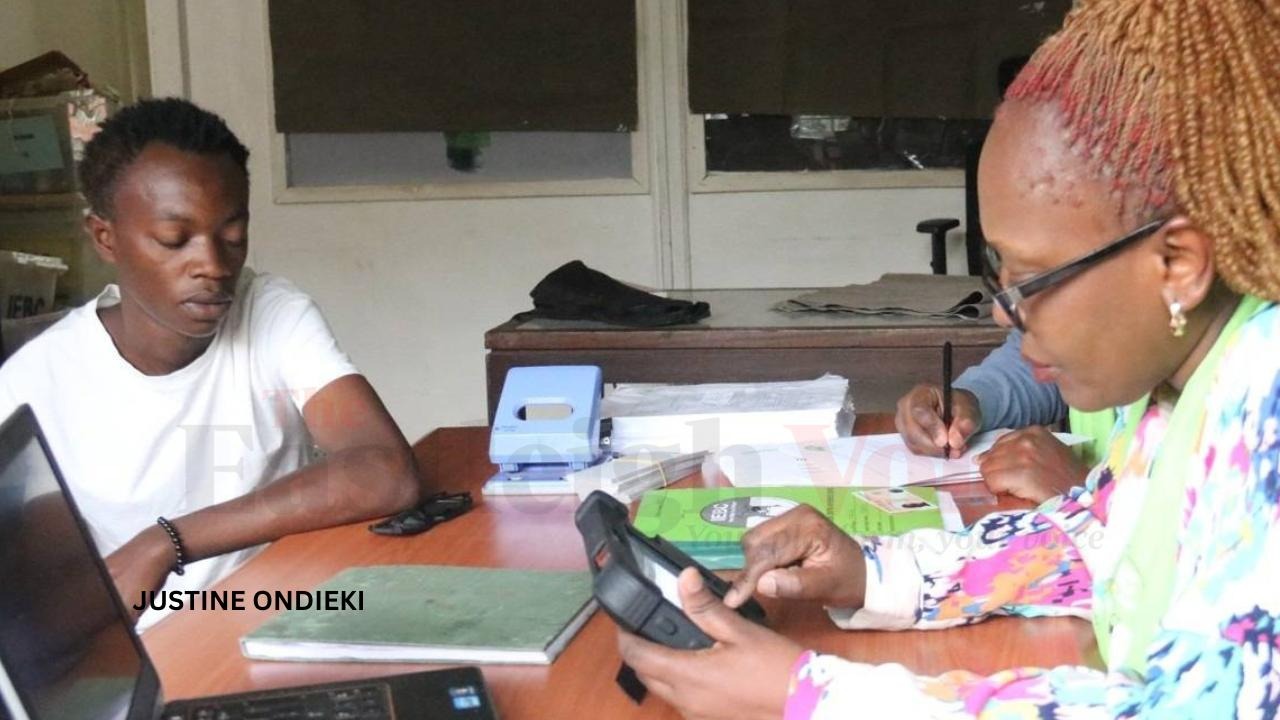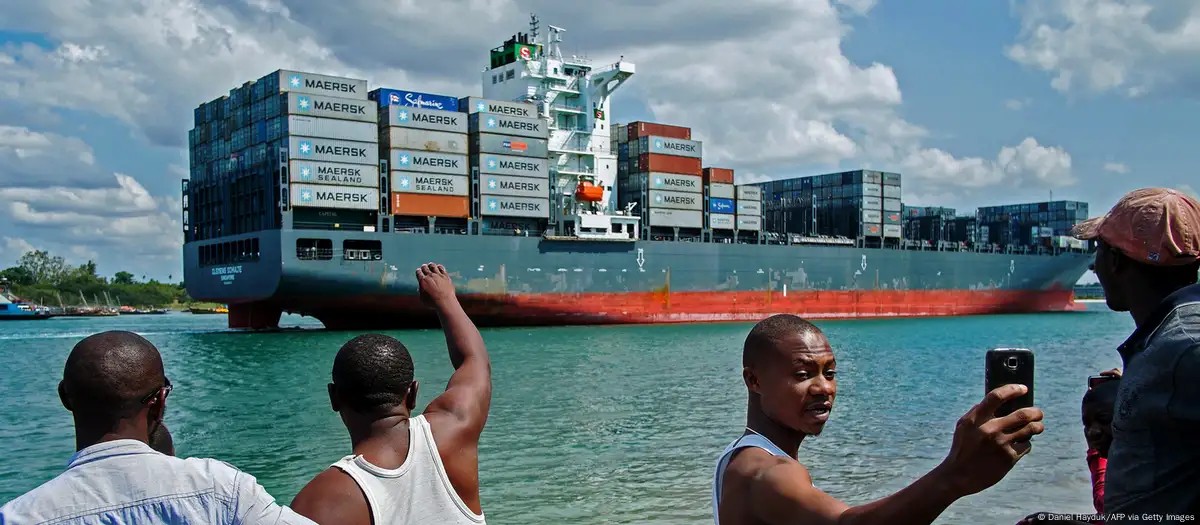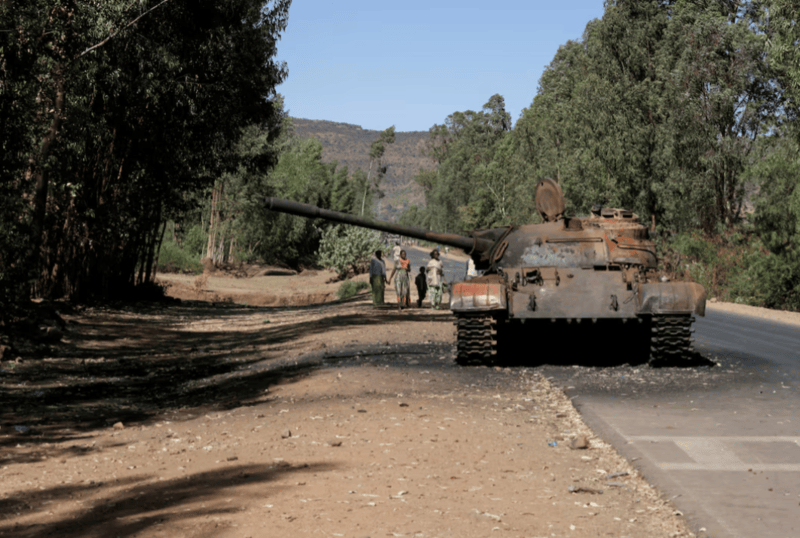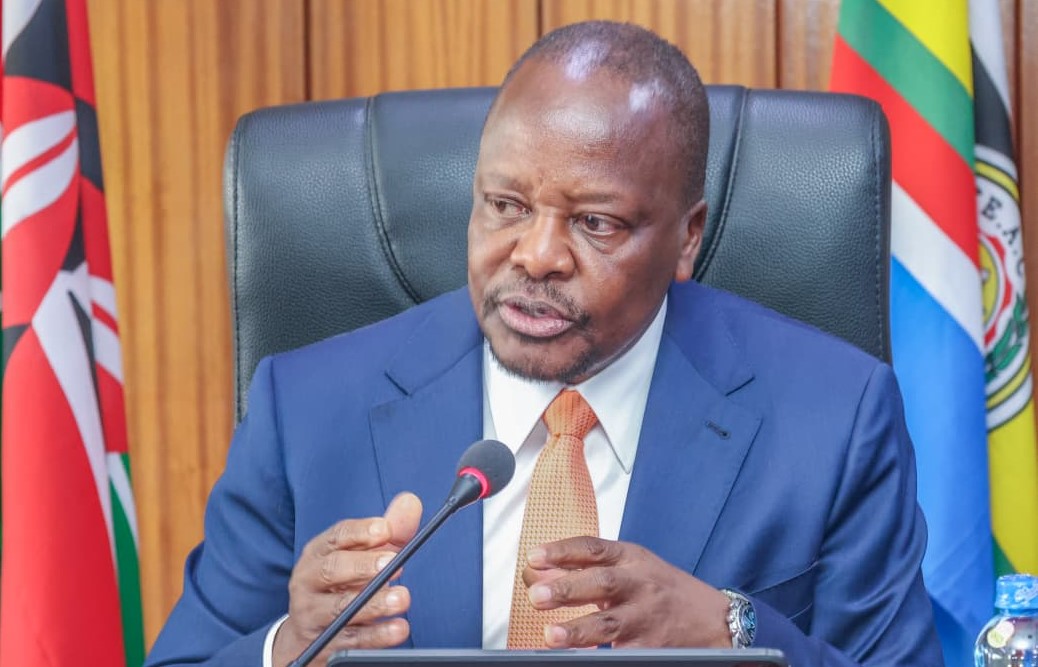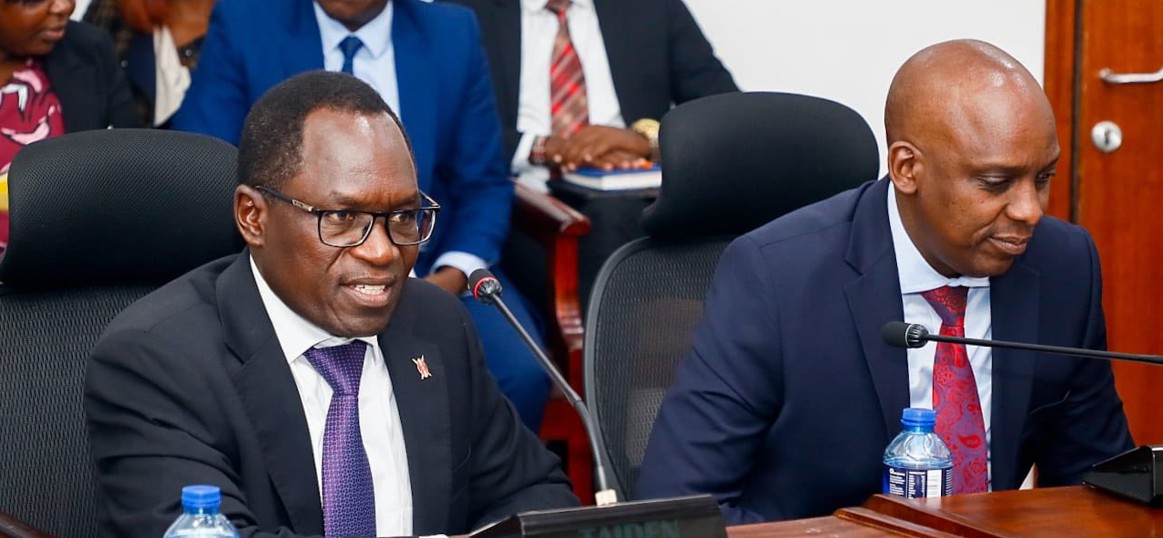Kindiki promises to ease tensions between NPS and IPOA to help nail rogue officers
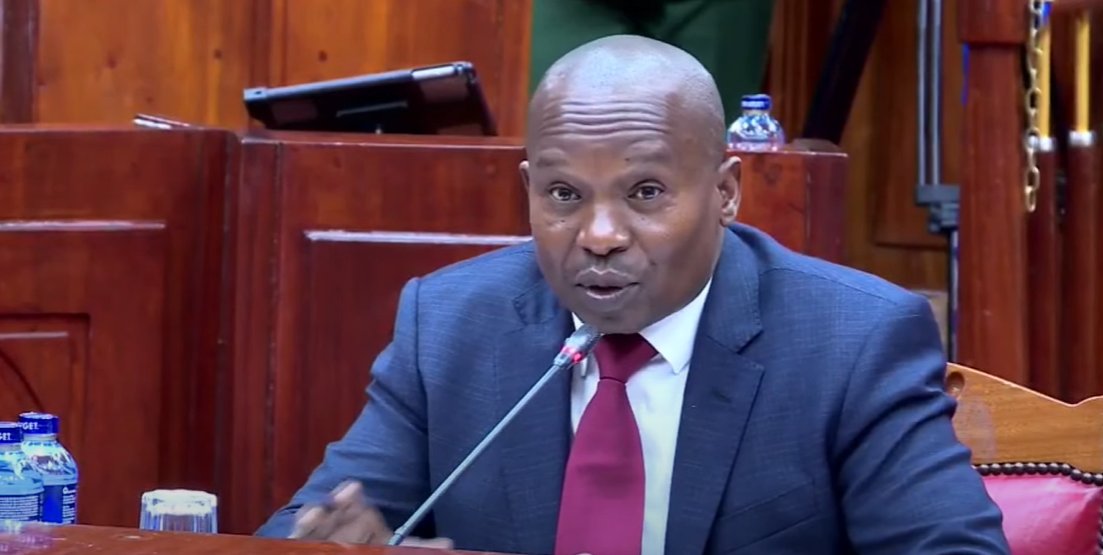
Kindiki said that during his 21 months as CS for Interior, he tried to encourage better relations between the IPOA and the NPS, likening their tensions to the tensions that existed between the NPS and the National Police Service Commission, which he mediated.
The nominee for Interior and Coordination of National Government, Professor Kithure Kindiki, has described the lingering tensions between the police and the Independent Policing and Oversight Authority (IPOA) as a usual occurrence between the police and their oversight bodies all over the world.
In response to a query from Nakuru Town East Member of Parliament David Gikaria, he discussed his potential actions as Cabinet Secretary for Interior to enhance the effectiveness of the authority in addressing instances of police brutality during the anti-government protests.
"In the recent past, during these demonstrations, two young men, Michael Kuhunga Nyaguthii and Kelvin Maganga, were shot dead in Nakuru. The family has been trying to get some information from the IPOA. The National Police Service is allegedly not providing the IPOA with the necessary information, posing a significant challenge to the execution of its oversight mandate. If approved, what steps will you take to ensure that the two institutions work seamlessly for the benefit of Kenyans?" posed the MP.
More To Read
- Kindiki’s office spends almost half of 2025/26 allocation within three months
- Kindiki: Kenya’s strength lies in unity, labour of its heroes
- DP Kindiki says Raila Odinga is safe, healthy and returning home soon
- Pressure mounts on finance executives to operationalise County Assembly Funds
- Governors warn of service paralysis as e-procurement dispute deepens
- Kindiki welcomes CBK lending rate cut, says economy on recovery path
Kindiki said that during his 21 months as CS for Interior, he tried to encourage better relations between the IPOA and the NPS, likening their tensions to the tensions that existed between the NPS and the National Police Service Commission, which he mediated.
"We did a lot of work around that and were able to get a win-win situation where the NPOS and NPSC are working together. We will apply the same methods if we are re-appointed to make sure that IPOA gets the support it requires from NPS, and going forward, we will support IPOA in terms of more resources, capacity, and just brokering the institutional goodwill between themselves and the police," said Kindiki, even as he called on the authority to quickly help the country get closure from the recent deaths.
Lack of cooperation
Earlier, the authority had decried a lack of cooperation from state agencies as making it difficult for them to execute its constitutional mandate.
According to IPOA Commissioner John Waiganjo, the police, who are required by law to assist the authority in its investigations, have been primarily responsible for this.
Waiganjo asserted that the public's criticism of the authority for allegedly failing to carry out its mandate was due to a lack of comprehension of the challenges the authority encounters in its pursuit of resolving the issue.
He said such frustrations occur when officers withhold a file that the IPOA requires to crack a case.
"We sometimes go back to them to get certain documentation that we cannot move without but find a hostile environment, and when we give out summonses, they are not responded to. We want the public to know we are working under very tough conditions. During the lifetime of IPOA, we have not seen the level of uncooperation we are seeing now from senior police officers," he said.
The frustrations, he added, also come from hospitals that attend to victims, saying some refuse to give them information on their patients, further complicating their work.
The authority has a mandate to investigate police misconduct, deaths, and serious injuries resulting from police action.
"The relationship between the IPOA and the NPS is an ongoing conversation. It happens all over the world that the police and the bodies that oversee them have normal institutional tensions," said Prof. Kindiki.
Top Stories Today


